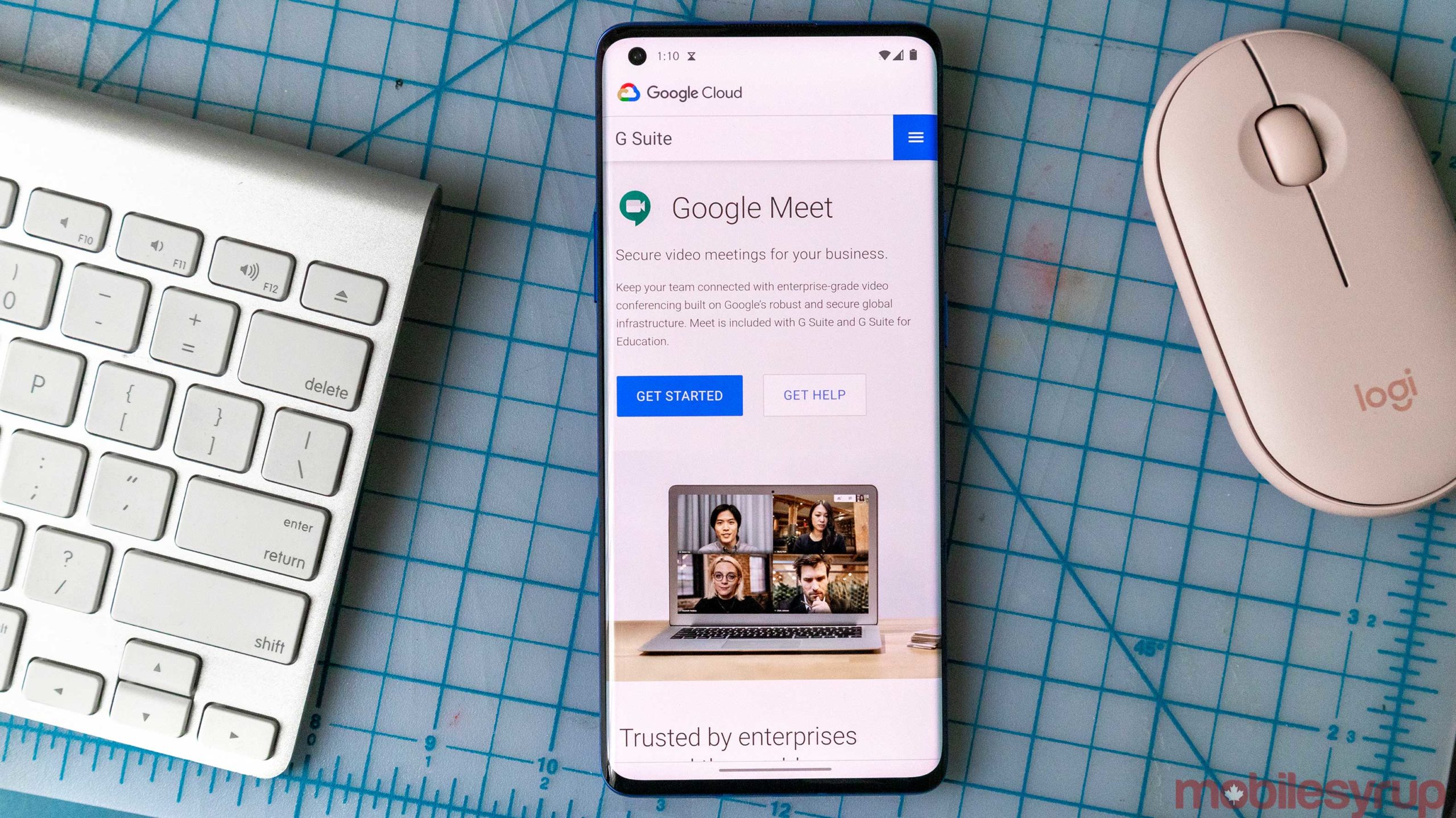
Google says all users will soon be able to host free video conferencing on Meet, in a move to make its previously business-only tool into a competitor against Zoom.
Zoom, Skype and Facebook Messenger have all recently rolled out new features to garner more users amid the COVID-19 pandemic as everyone is working and socializing from home.
Meet has always required a Google business or education account for calls, but the company will be opening it up to all Gmail users in the coming weeks.
Although Google has provided free video calling through its Hangouts service, it’s not that popular and it has outdated security measures. Google also has Duo, which is its smartphone video calling app.
The tech giant told Reuters that consumers should use Meet over Hangouts since it is a more secure, reliable and modern service.
“As COVID has impacted everyone’s lives, we felt there was a reason to bring something built for businesses first to everyone,” Google told Reuters.
Calls on Meet go through Google’s servers, which allow it to provide automatic captions and meet legal requirements to share users’ data. It’s important to note that users’ calls will not be stored. Meet will also not use consumer data to advertise to users, including its free users.
Similar to Zoom, free calls on Meet are going to be limited to a single host and 100 participants. Skype and Messenger, on the other hand, limit their services to 50 participants.
The tech giant is hoping to deter malicious behaviour by requiring all free users to sign in with a Google account. Users’ names and profile pictures will show up on calls, but Google says their email addresses won’t be visible.
Google’s parent company, Alphabet, recently revealed its Q1 revenue, and executives noted that increasing free services would pay off in the long run by boosting user loyalty.
Source: Reuters
MobileSyrup may earn a commission from purchases made via our links, which helps fund the journalism we provide free on our website. These links do not influence our editorial content. Support us here.


